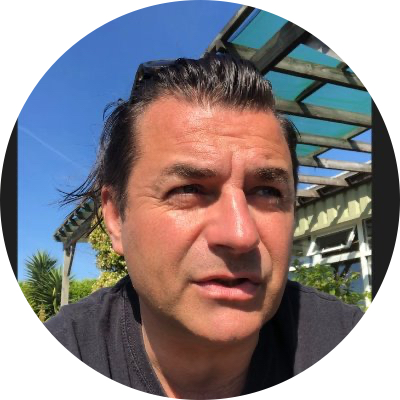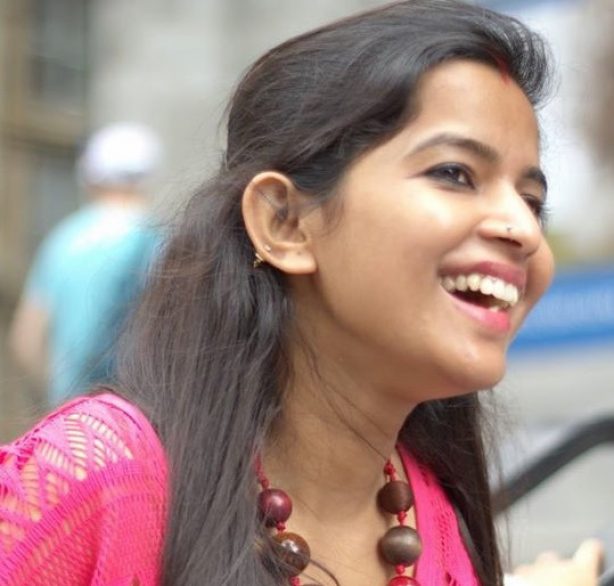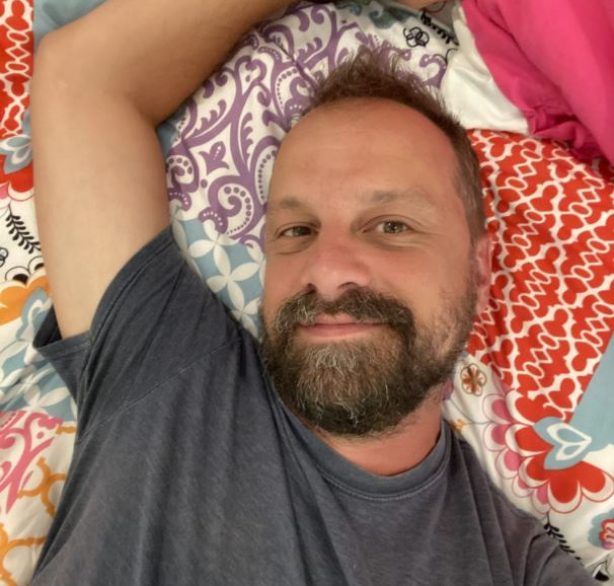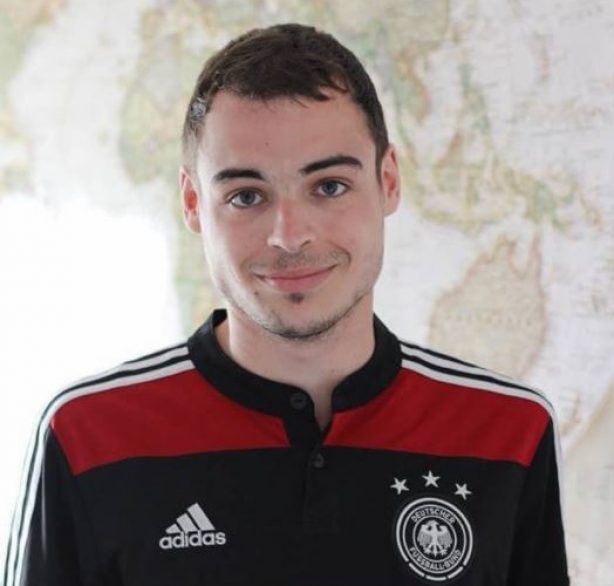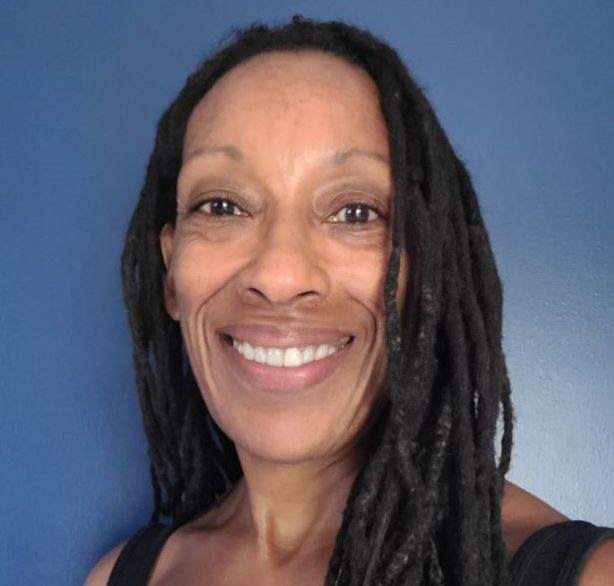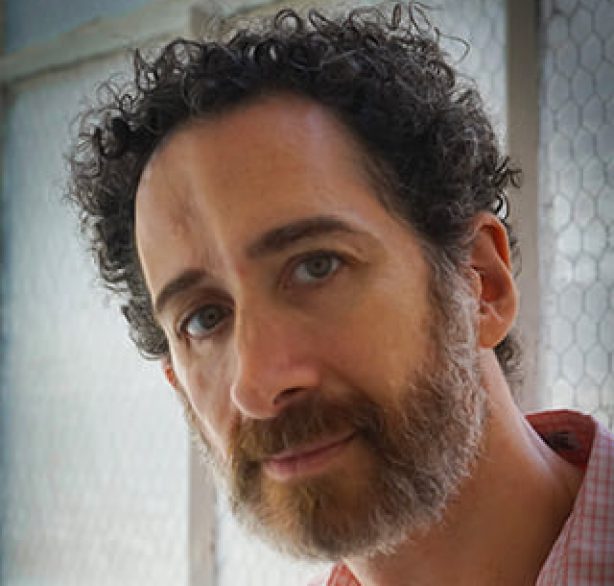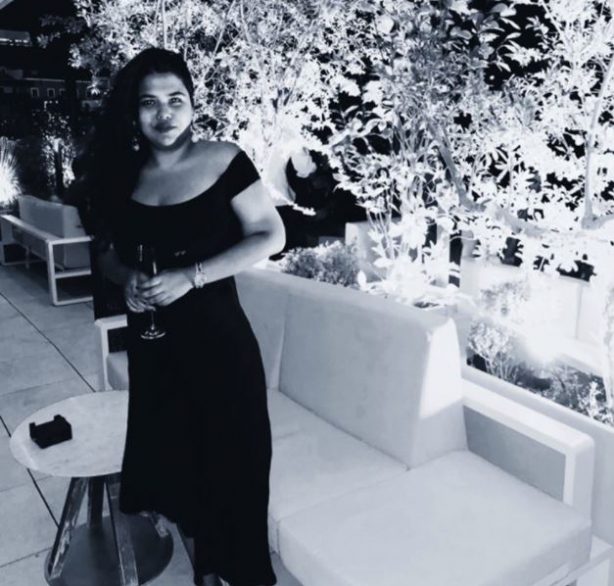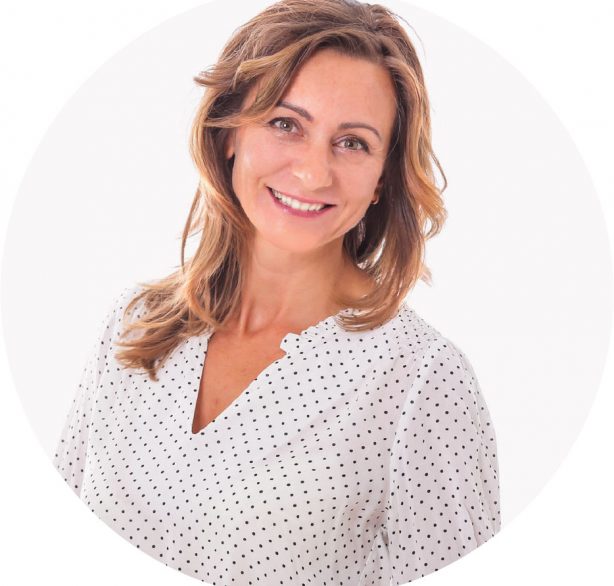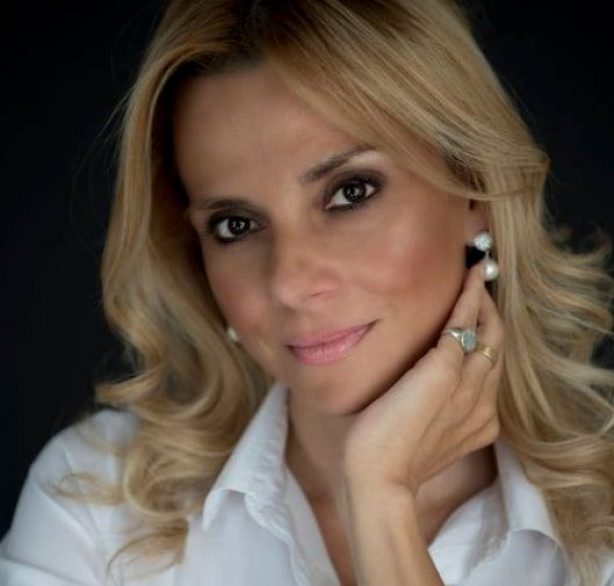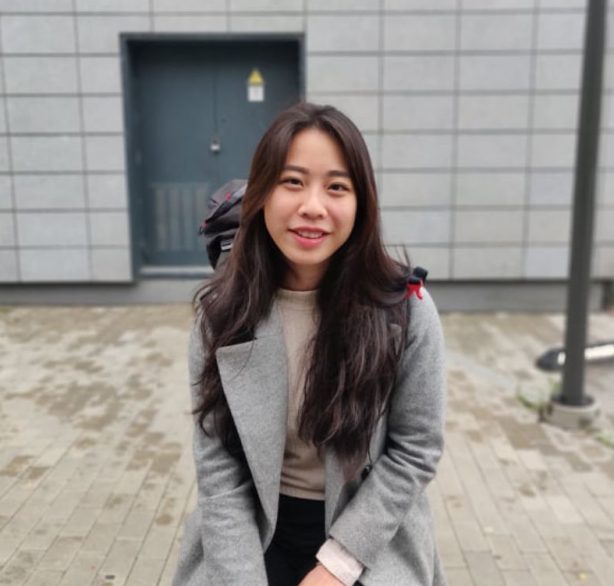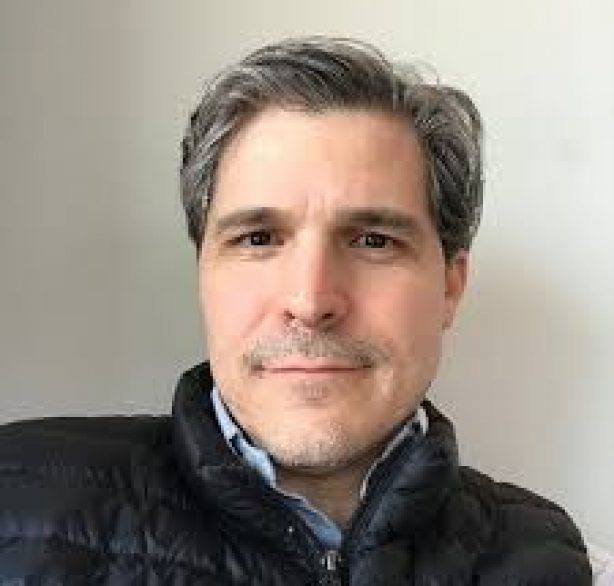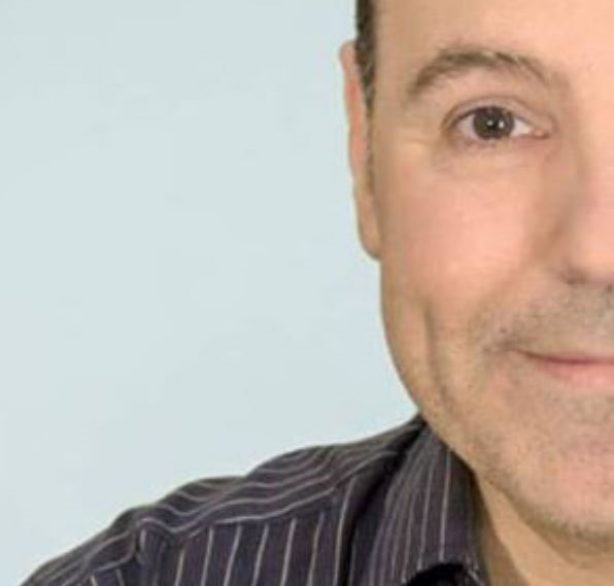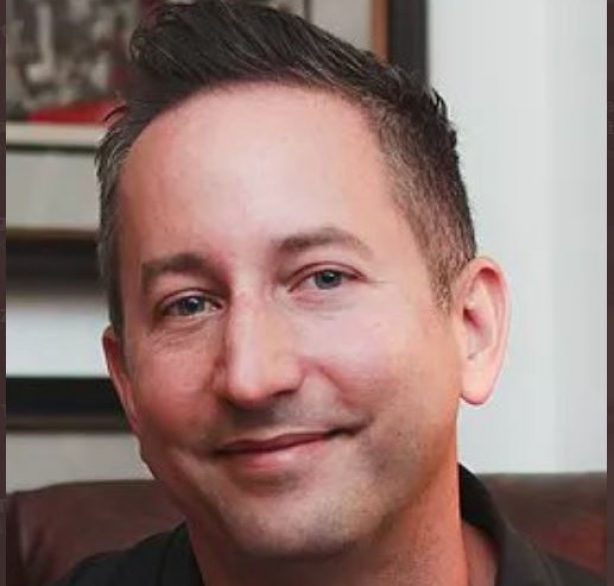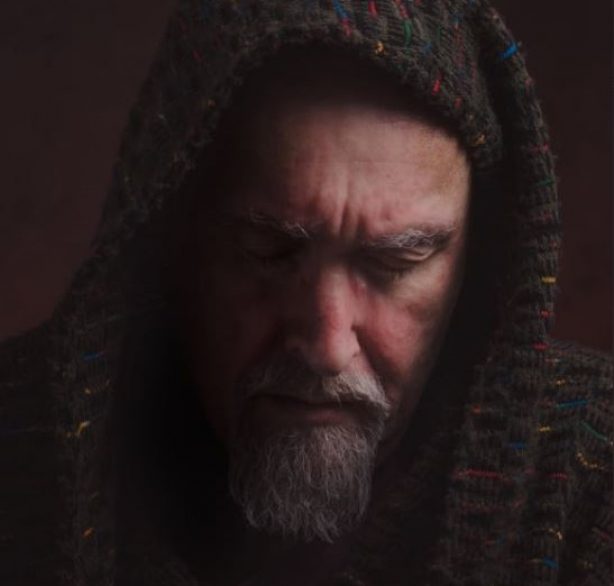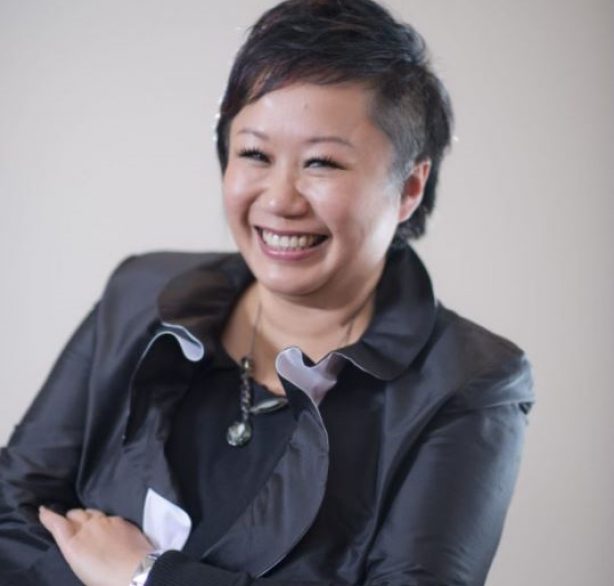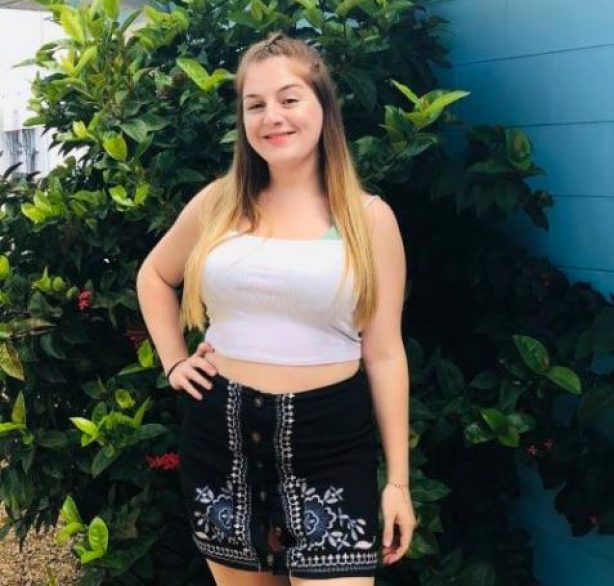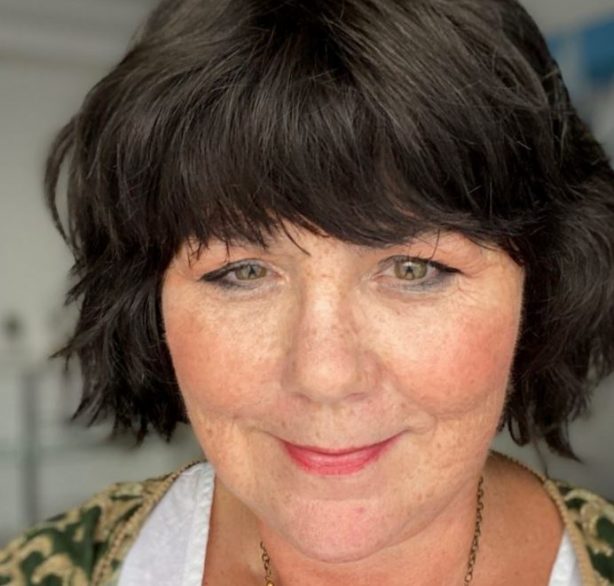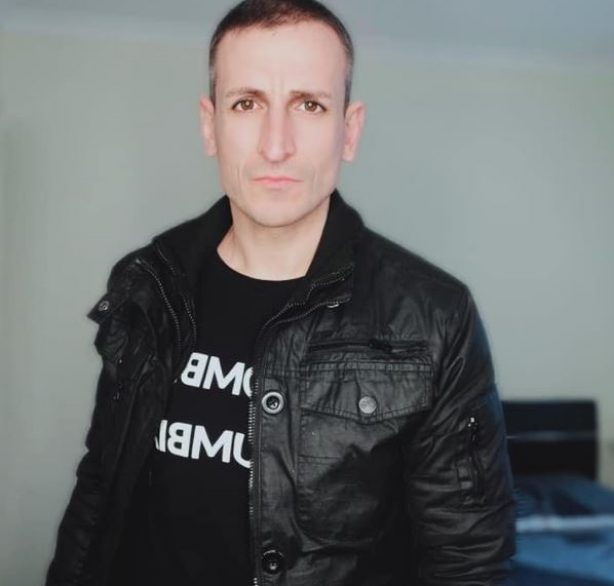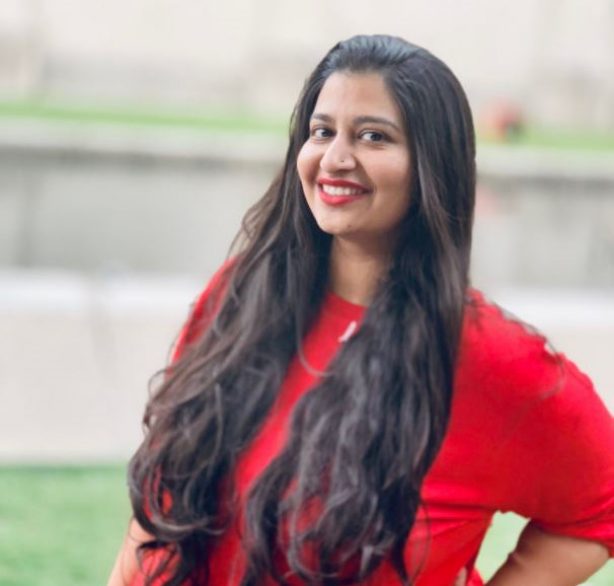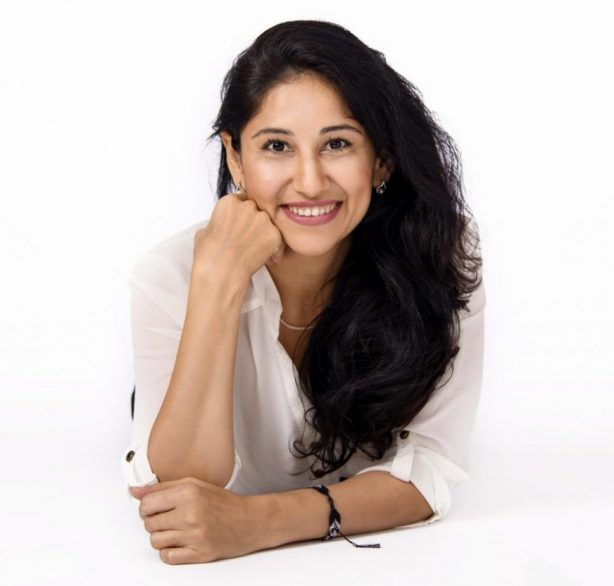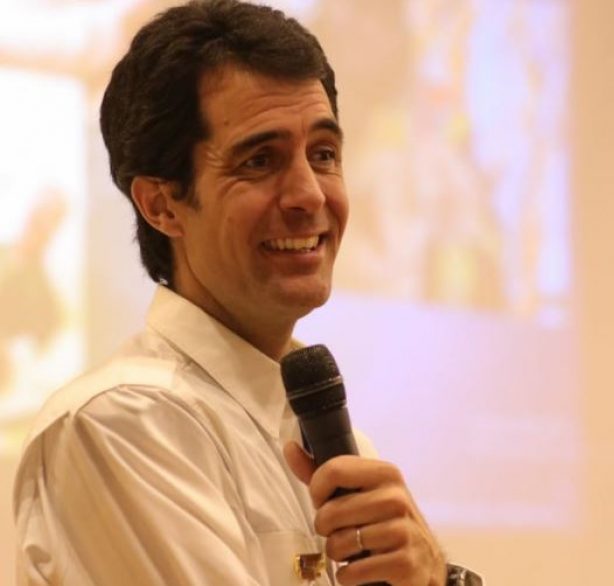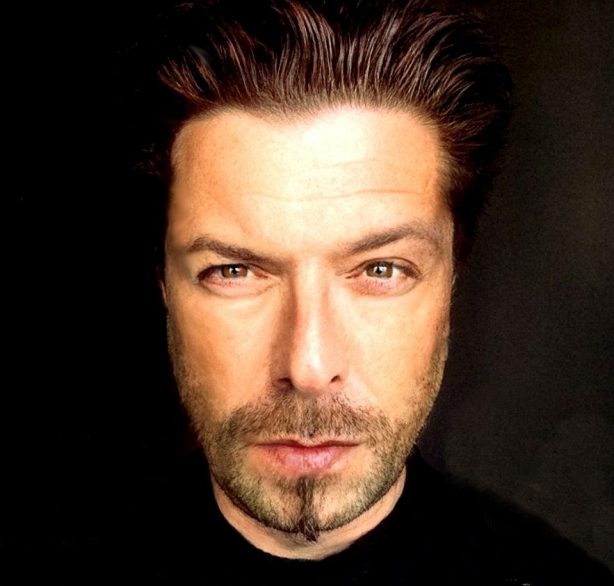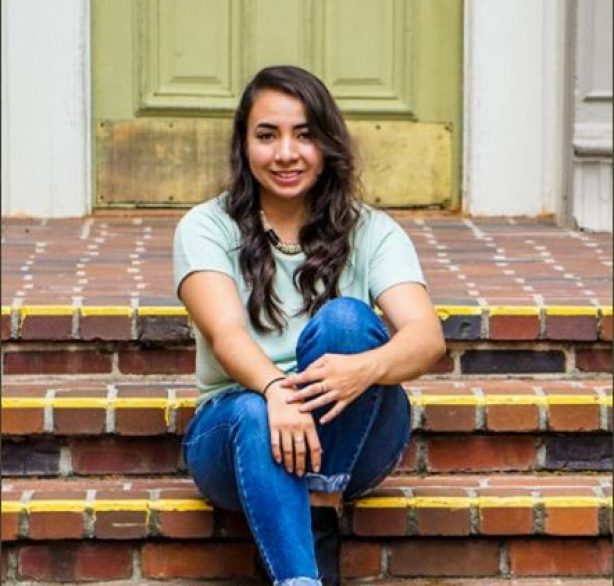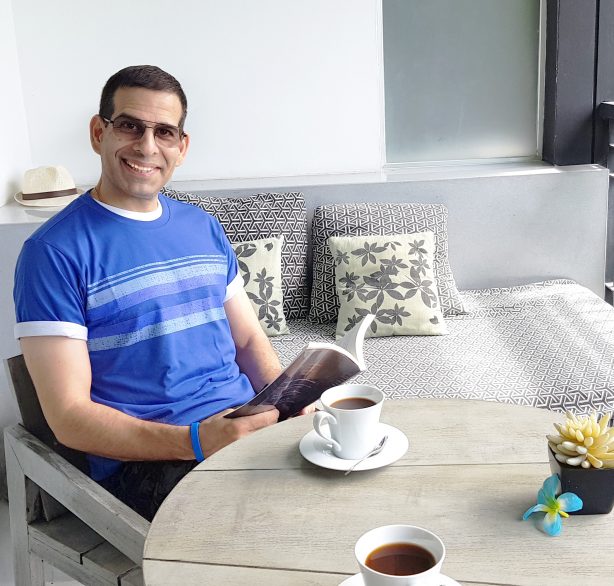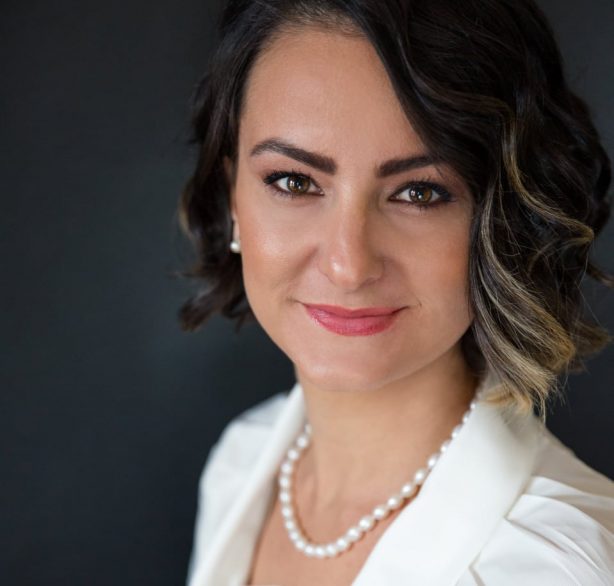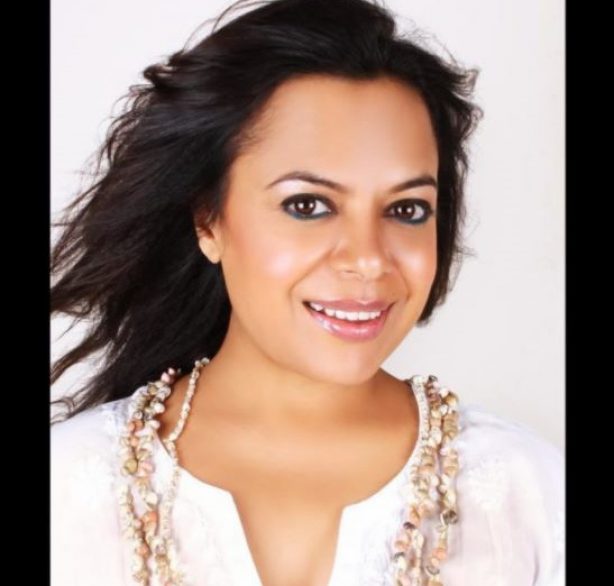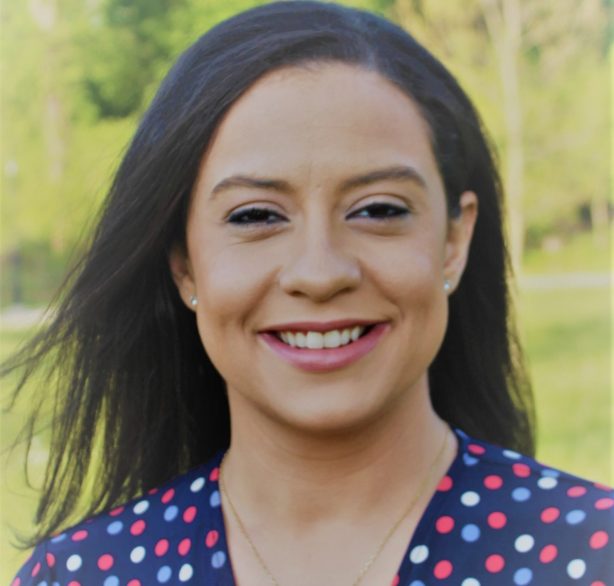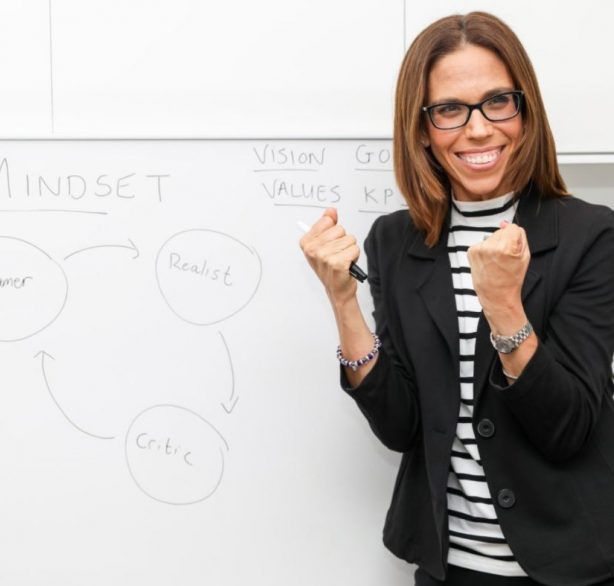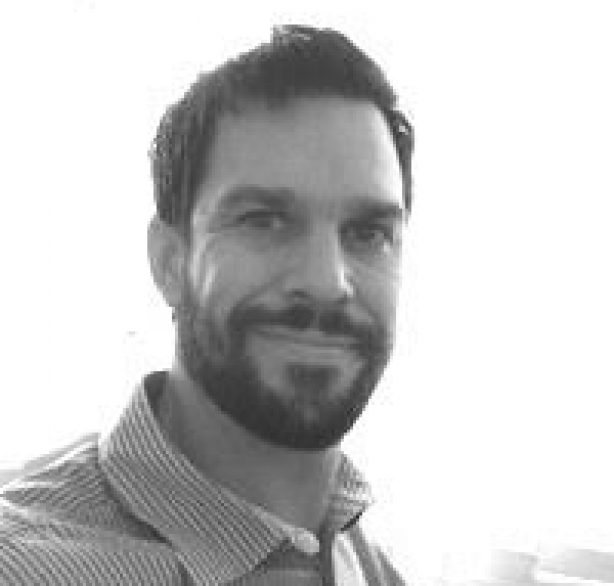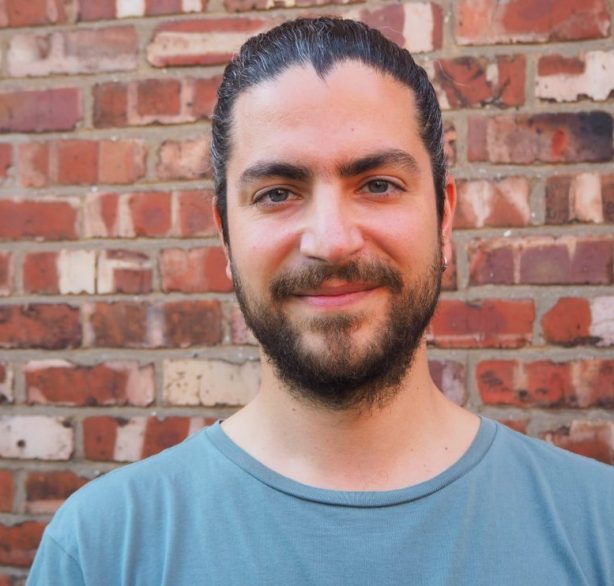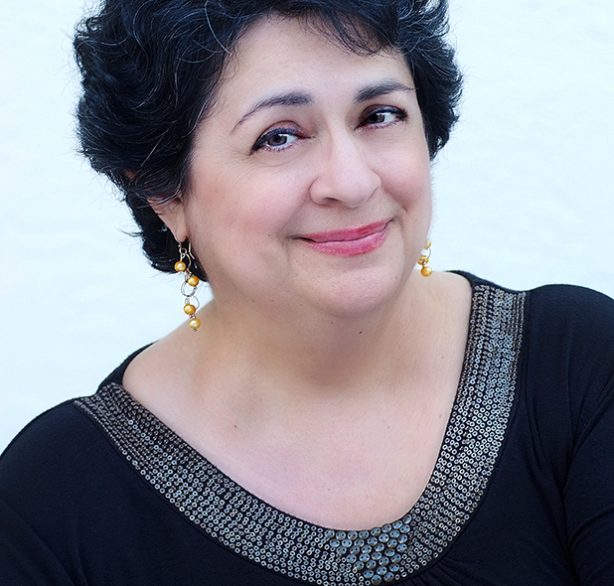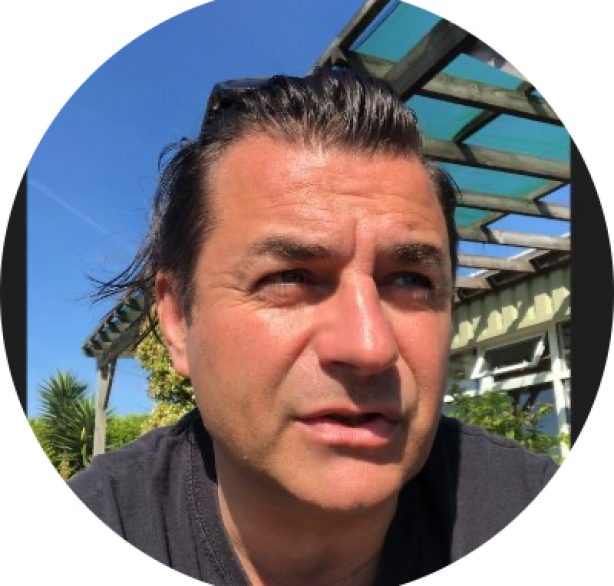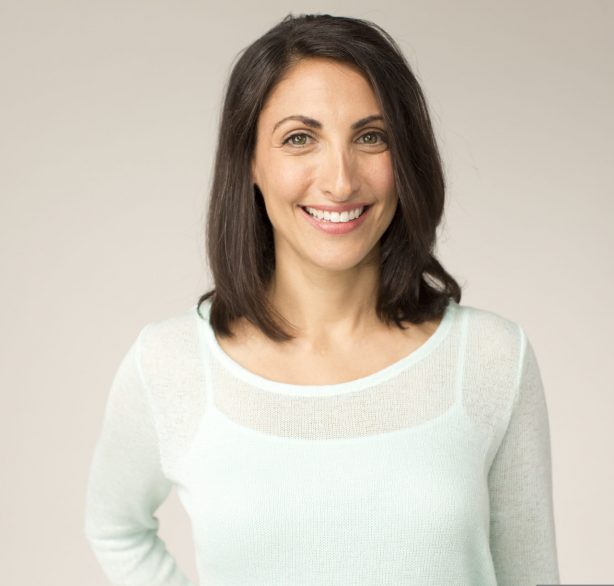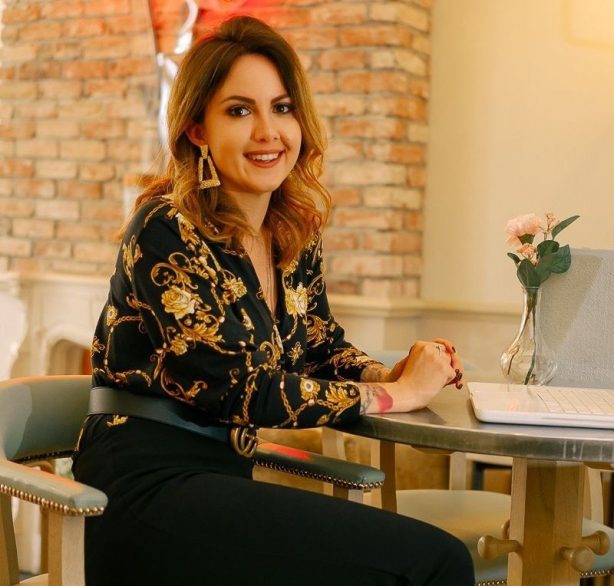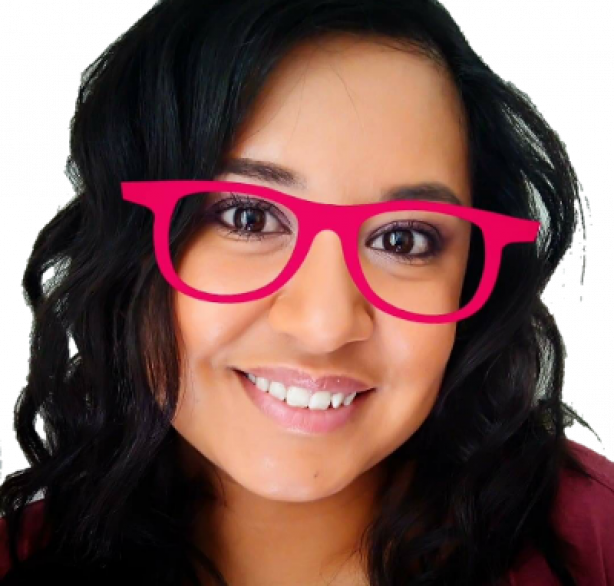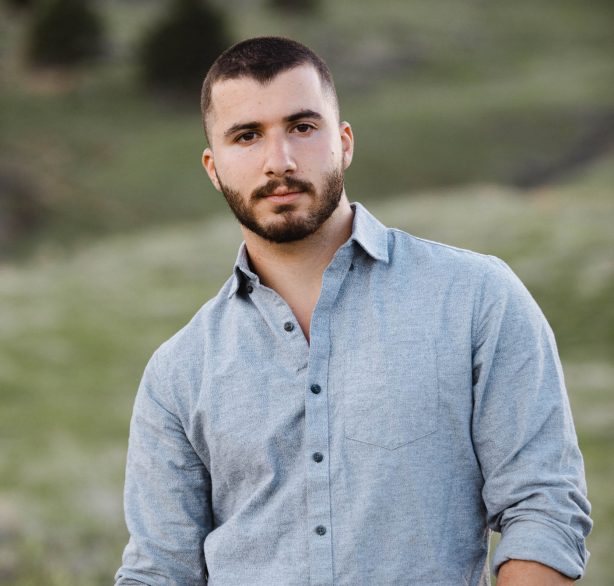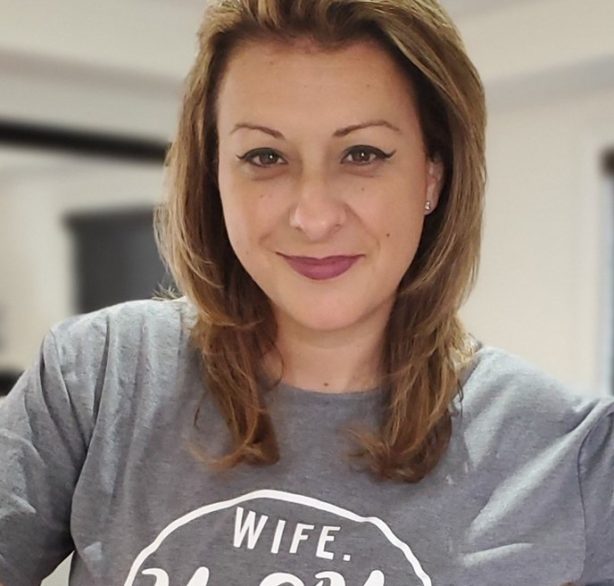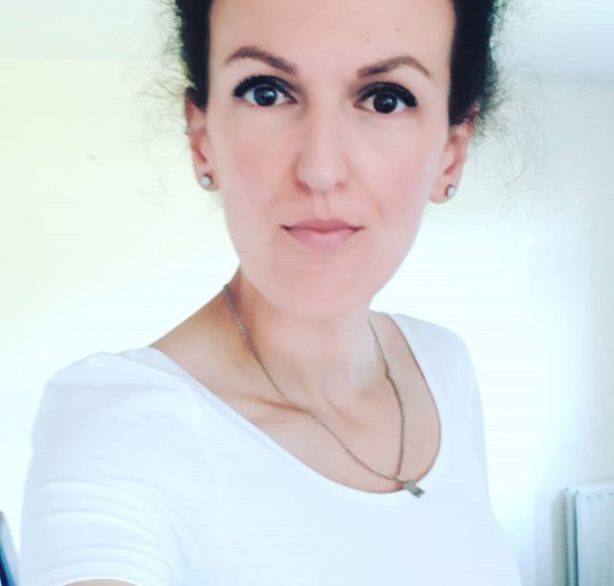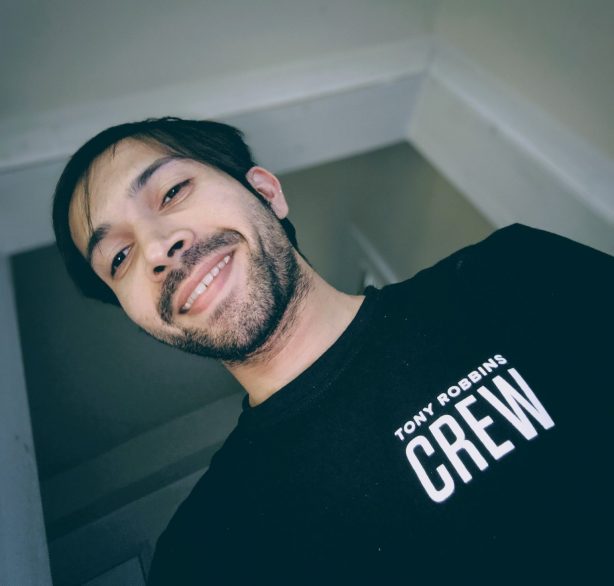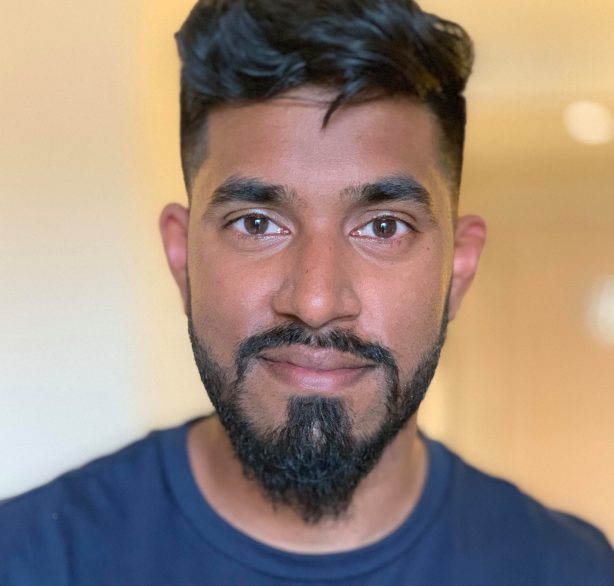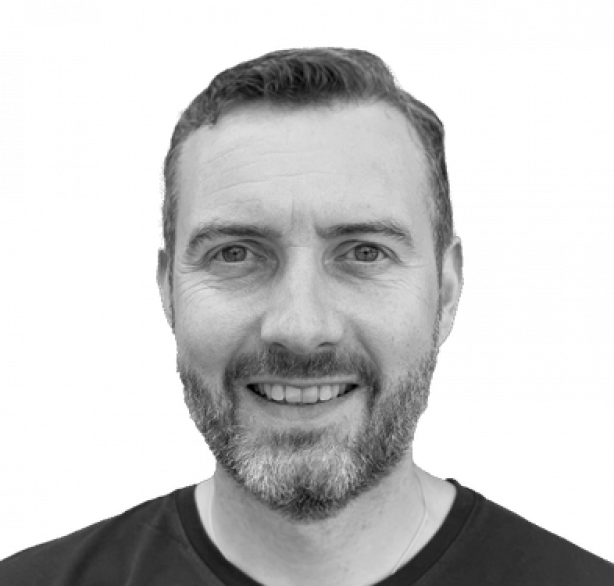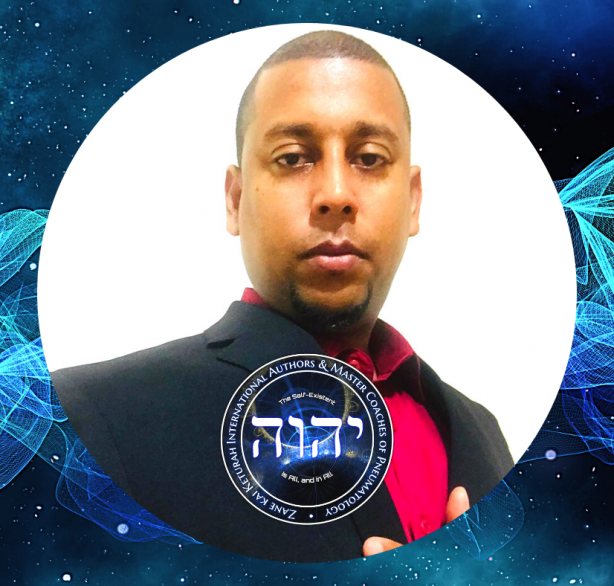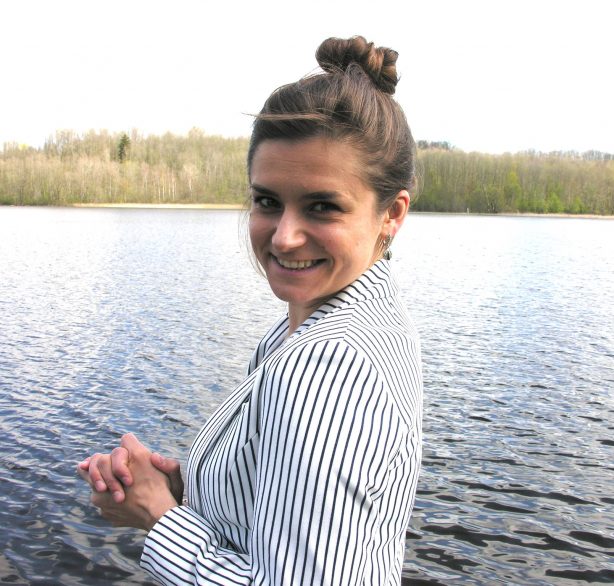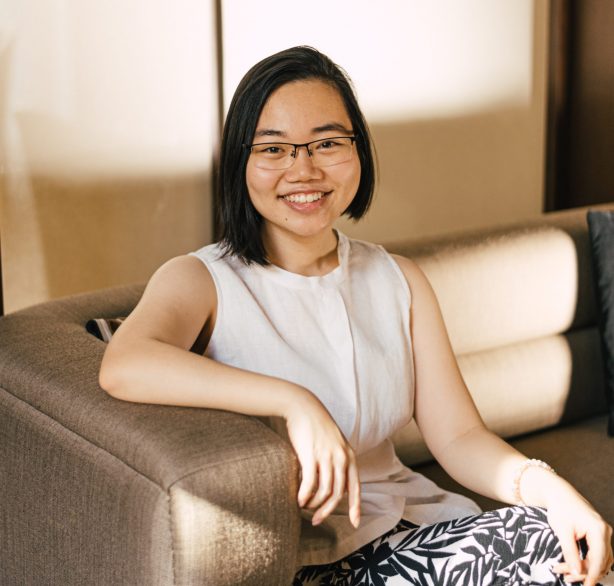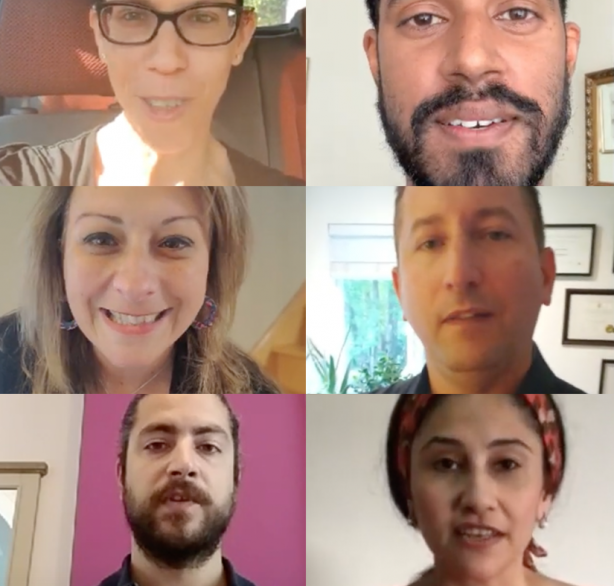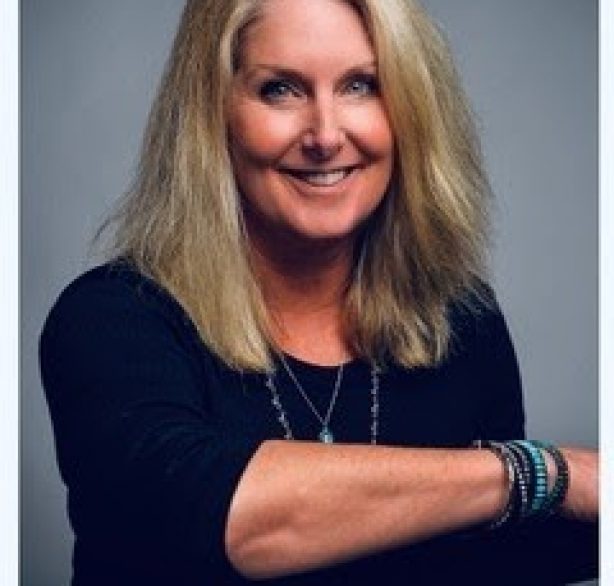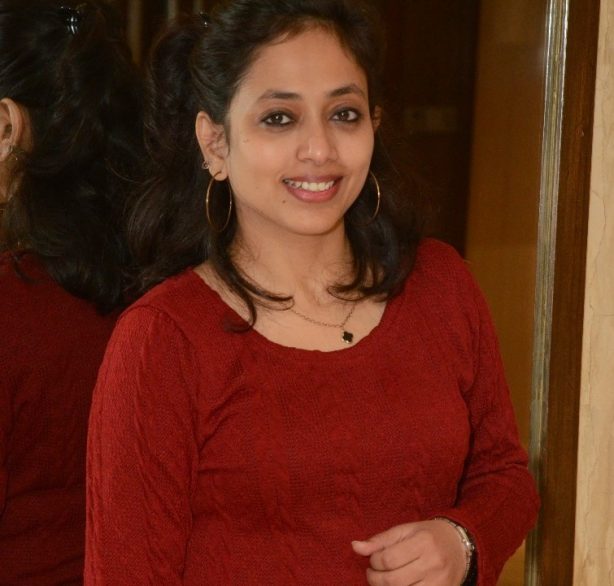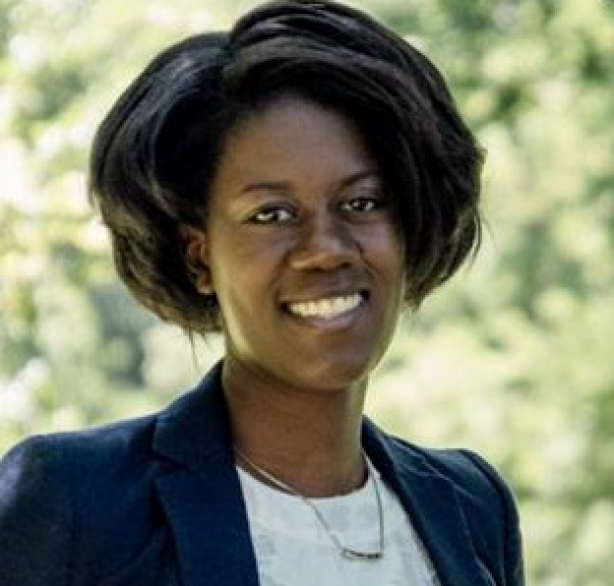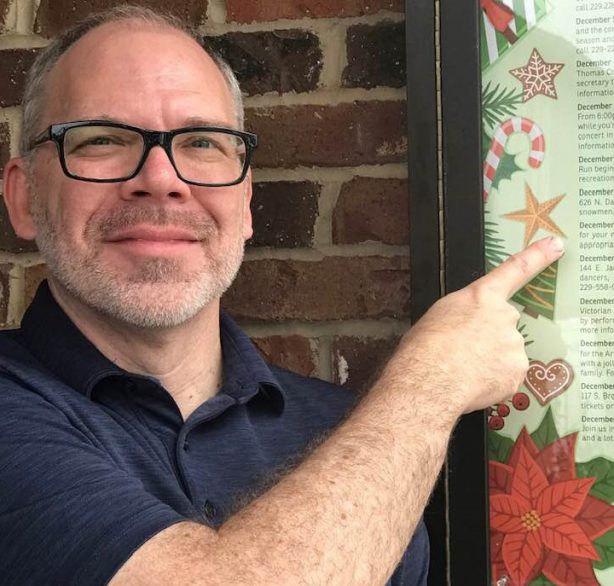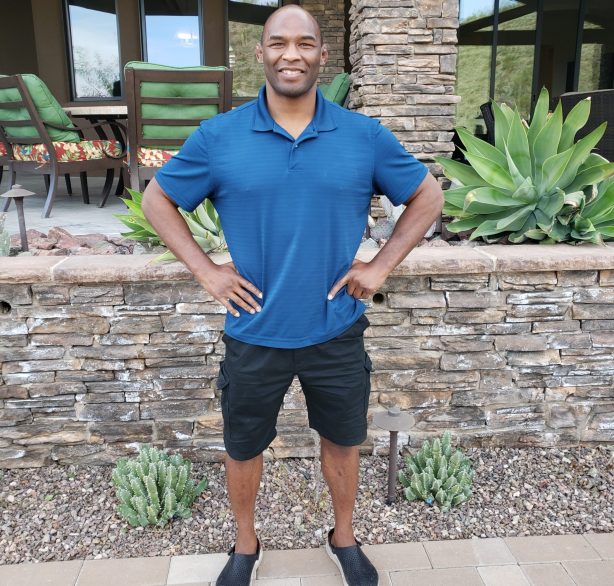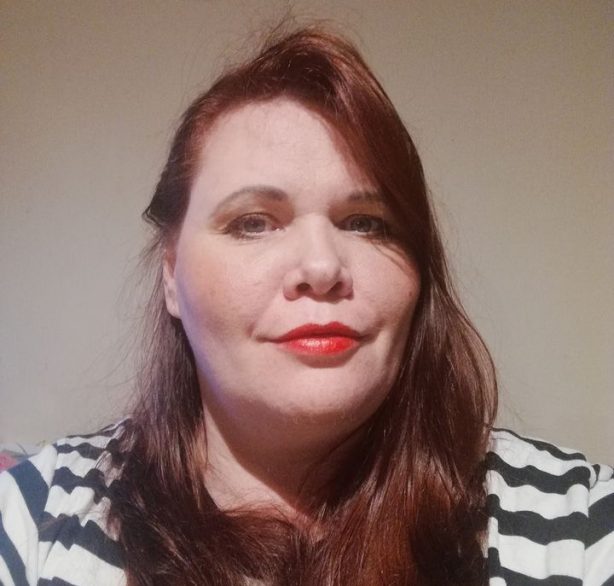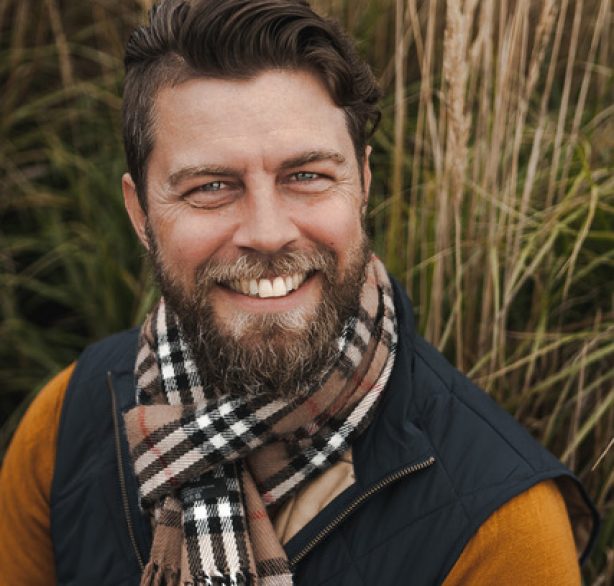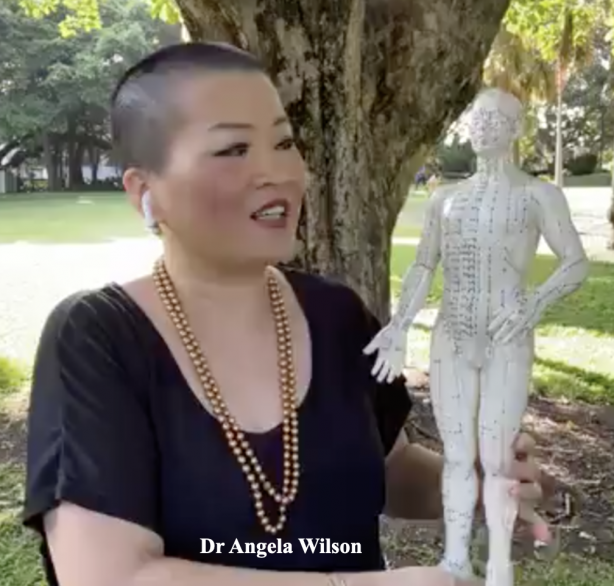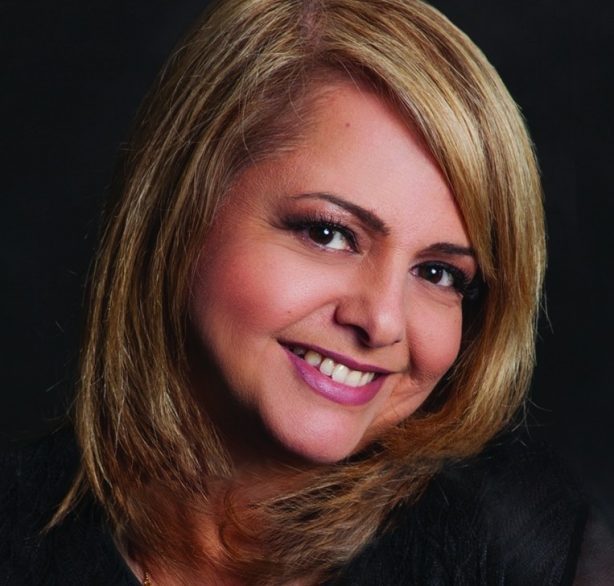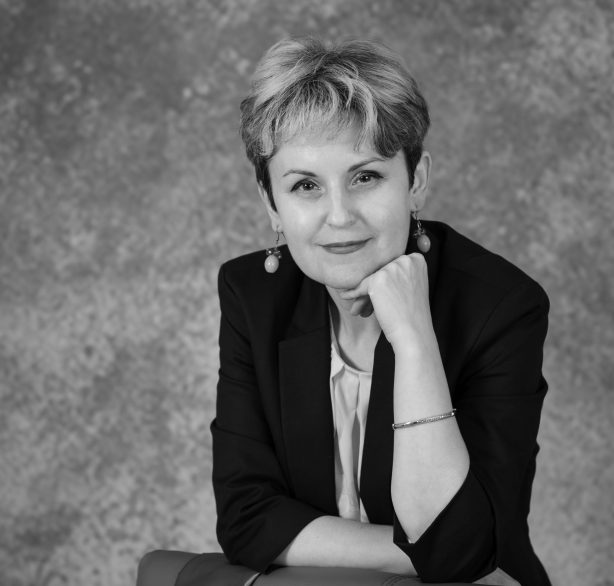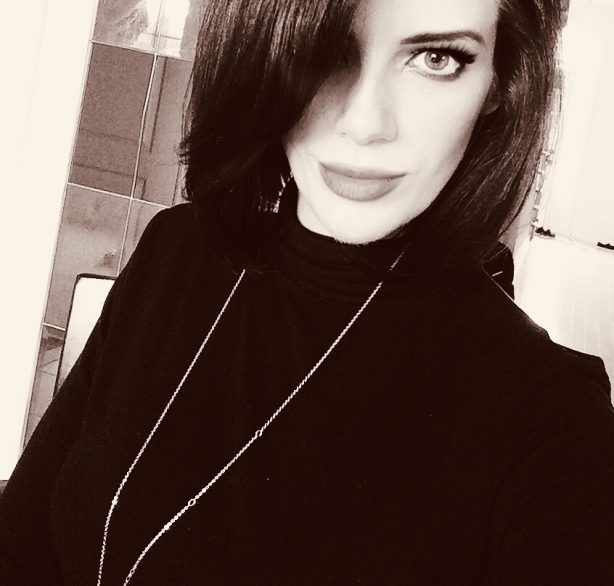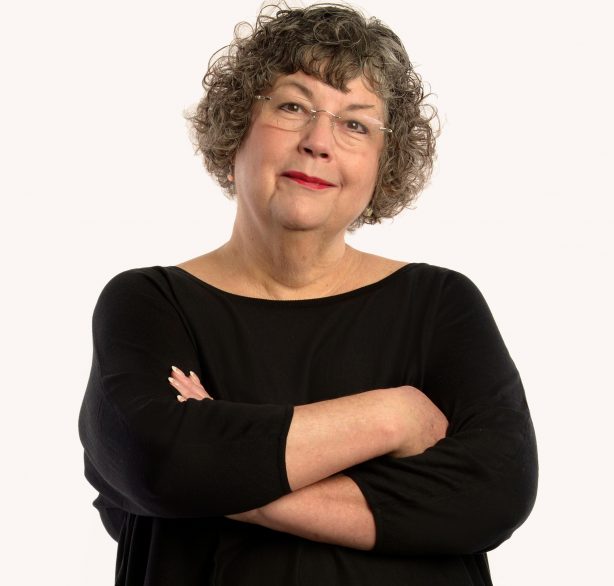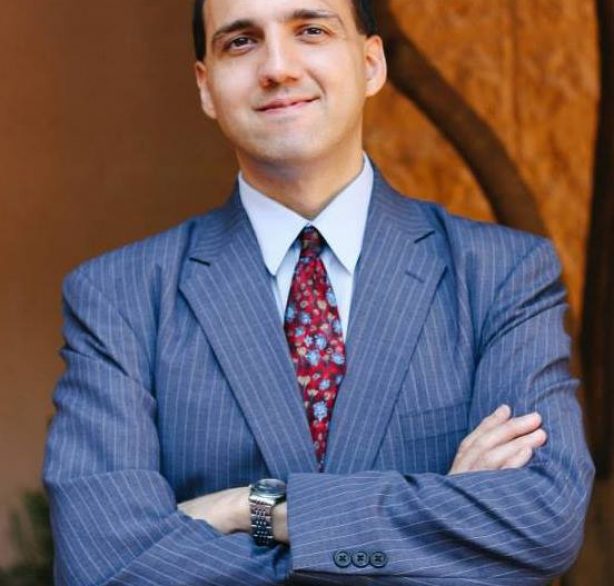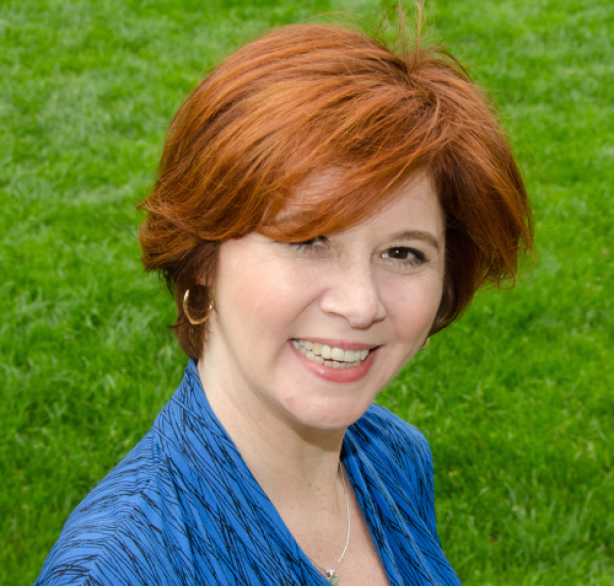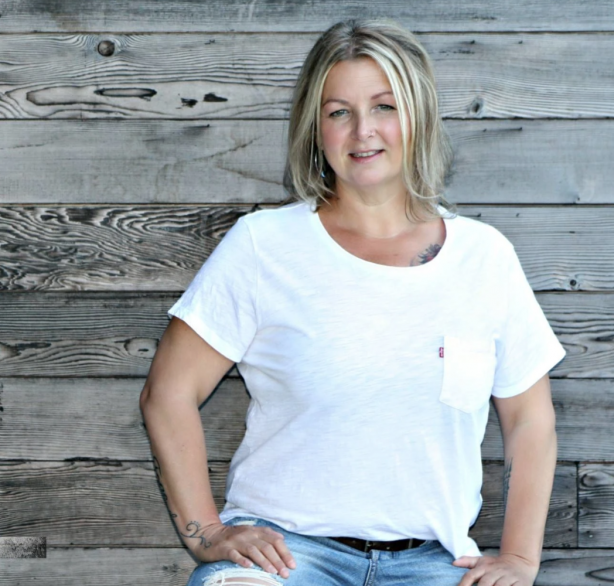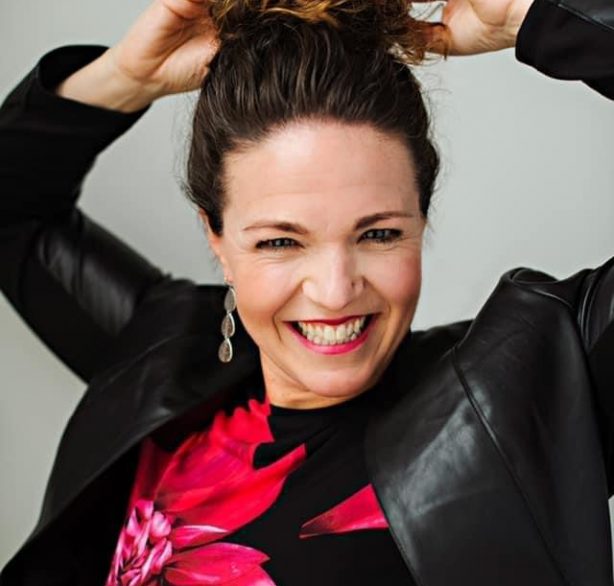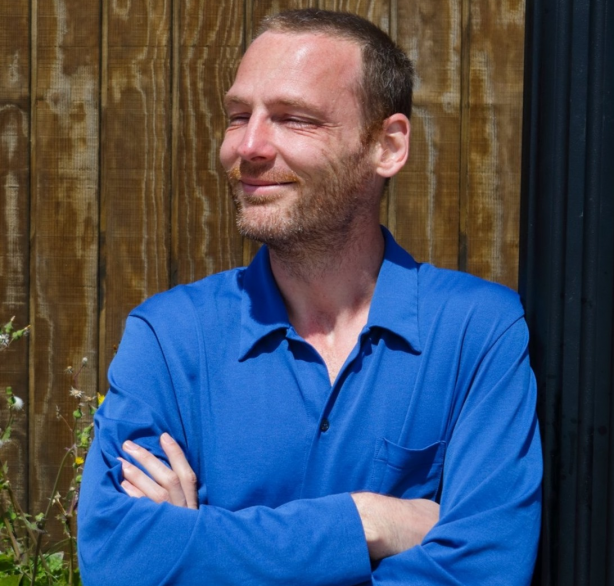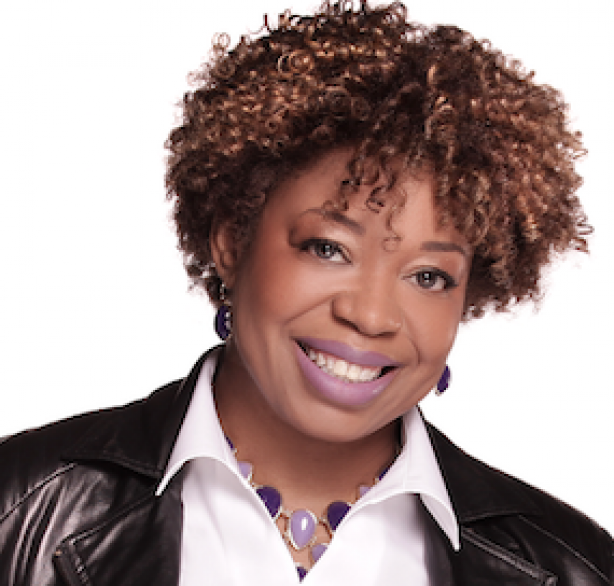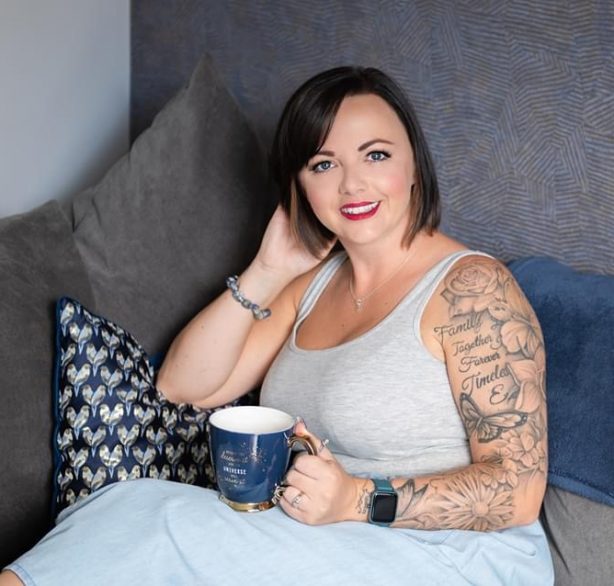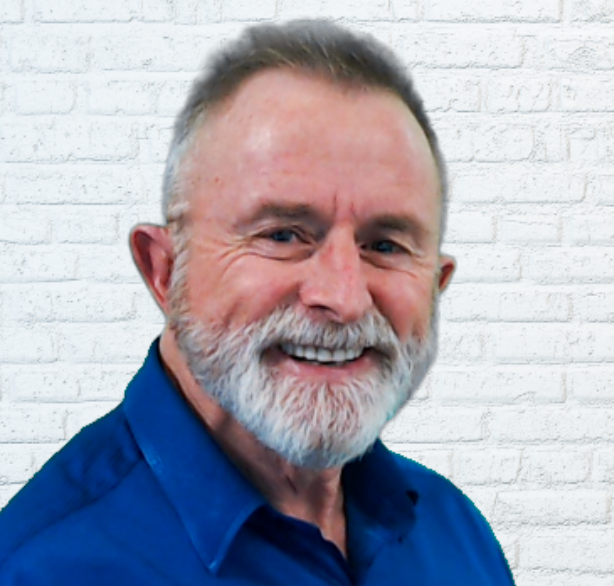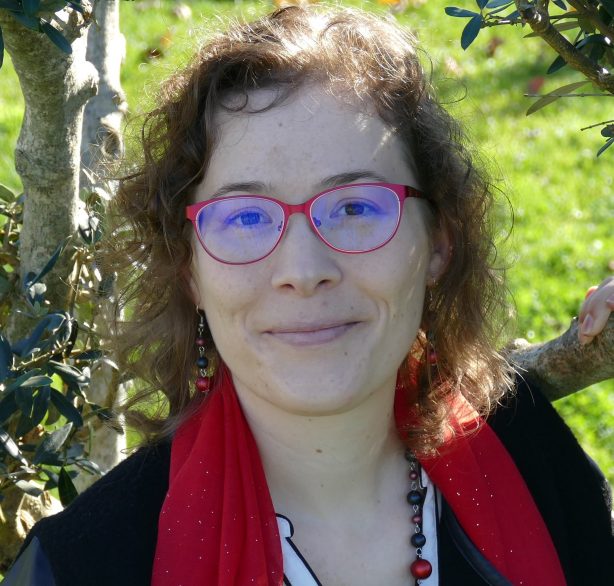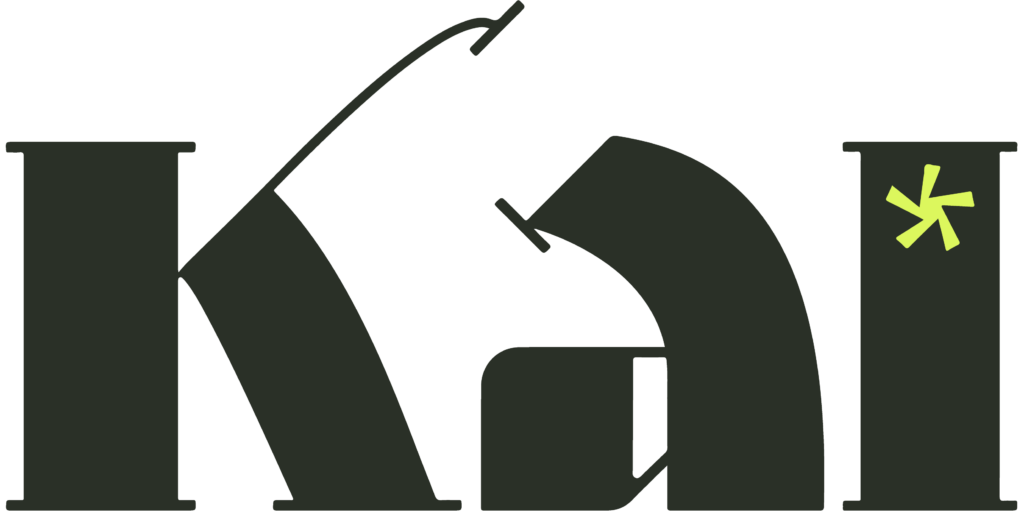Watch the full and inspiring interview with Richard
If you prefer reading, here is the transcribed interview
Ziv: Rich, I’m really happy to have you here in our Kai interview, welcome.
Richard: Thank you. I’m very happy to be here.
Ziv: And let’s start with, tell us a bit about yourself.
Richard: I started coaching life coaching in 2009 or 2010 is when I went away, I was previously in the fitness industry and my kind of notice from the fitness industry that people would be there for a long time and people would up and down and up and down and get results and don’t get results and things like that.
And but the longer I went on in the fitness industry, the more I became always been interested in the of the mind and that process.
And it became more and more apparent to me that the real thing was holding people back with that mindset, the limitations that were going on more with what they had grown inside their thought and thought patterns as opposed to take hold of the steering wheel and keep hold of it and change their physicality that whenever they let go, when something’s going over in their mind that they would go back.
So I became more interested in changing the person in that area until I went away and I went into to a life coaching qualification, and then I realized when I did that, that actually opened a whole area for me that I realized that I, for my own personal integrity, my own self wasn’t ready to deliver on coaching the way that I personally wanted to deliver. So that triggered me going into my own journey for quite a long time, actually.
I kind of take up everyday life coaching part time, but it triggered me going into my own journey. Like deep diving on myself. I knew I was about ,unearthing my own stuff, going out and coaching myself and getting more qualifications. Doing my own learning, doing my own study, my own understanding of myself, breaking, going through my barriers, my limiting beliefs, creating my own behavior and procedures.
And it was quite a journey, actually, going through the twists and turns, as it always is, with this process and the kind of uncomfortableness and in going through that, I let myself just go along until it came to me the next time that I was ready to go back and deliver on showing up the way I personally wanted to show up in my business and for other people and that have happened at the bottom of a kind of like an emotional upheaval.
After having been to the process and things like that, I knew that in a bottom of kind of an emotional upheaval. My question to myself be, what’s the message here? And then the message to me was OK, it’s time to get back and you’re ready to deliver on what you how you want to deliver that message.
Ziv: It’s very interesting. So you went on a journey. It sounds like quite a journey and you went through many significant things.
But can you elaborate on the practical side? There are many people that say when we feel that we need to change, we need to go through our own layers and through all kinds of stuff. But how do we actually do it in the day to day in the most practical way?
Richard: When I’m working with somebody?
Ziv: Let’s start with you, how did you do it for yourself?
Richard: So for me, with just daily changing daily habits, change in daily practice to begin with, not go massively into taking big chunks at a time, but just taking small chunks of time and changing little things. And it’s that recognizing the very, very fast part for me was the recognizing, talking to somebody and having the awareness of what I was doing, what my habits, what was driving me, my subconscious programming, what was creating my limitations in my mind, where first of all, going through the awareness and saying where am I?
What do I think about myself? What do I think I can achieve? What do I think about, any area of my life? And then and then looking at the area and working on just moving forward and moving into it because I kind of realized that we like to go around if we can be really in other ways through and through on a daily basis is moving towards that.
Ziv: So you mentioned changing many small things. Sometimes changing small things can can make a big difference.
Can you give an example of something small that you changed and was significant for you?
Richard: One of the biggest things was I started off and I made, because I had a massive barrier about what you would call like, I don’t like to call it so much because it drives people away sometimes. But if you want to call it mindfulness or you want to call it meditation or you want to call it something that just takes you into a daily place where you just be quiet for a few minutes.
And I know I don’t like to term that because I think some people get alienated by those terms and by what’s popular these days. But I found that it can be exclusive to some people. So we’ve taken into a space where even if just and this is important to me for this to happen in the morning, even if it was two minutes or three minutes, is just to go to a space where you’re just setting yourself for the day. So you’re not, that was a big change for me, so you’re not just blindly getting up in the morning, doing everything on subconscious.
You’re doing the same thing and expecting a different result. So it was like just doing everything subconscious subconsciously, just making that disconnecting, that existing daily routine, just even for a few minutes to create a different though pattern, a different expectation on the day and being aware that there’s an there’s an unknown that’s out there that you can be aware of if you like.
Ziv: That sounds powerful like a few minutes in the morning to quiet down and to find your own awareness can affect your whole day. That’s what you experienced.
Richard: Yeah, well, I experienced, and even if it’s again, I say a few minutes because I played around with this a lot and I started with an hour and it was just so painful for me because I’m not a morning person.
It was just a complete bullock in the morning for me to be like, oh, I’m going to do this and I’m going to meditate. And then I’m going to on I don’t know myself to make myself a coffee. Then I’m going to journal and I’m going to do exercise and all these kind of things. And I was like, but you know what? That doesn’t work for me. And if that has to be the thing, then I’m not going to succeed.
So for me, it was about having to break down into really small what functions, what works. I mean, yeah, I wish I could get up in the morning and have an hour in the morning to do all of these things. And I can, I don’t have any kids. Other people have got, so all of that learning and all of my own journey was about I’m learning this for me and I’m understanding life when I want to deliver for other people.
And you can read a book or whatever that tells you do all these five, six, seven, eight, nine things in the morning and your life is going to be fantastic. But it's got to work for you. It's got to work practically within your life. Share on XZiv: That’s really helpful because I think there are so many people in books that say exactly that. And for so many people, it just doesn’t work. It’s too difficult. It’s too early. It’s too many things. So if you need to give a like a schedule, a daily schedule that you think is soft enough for many people and they could work for all of those like meditate, journal, do intermittent fasting, a wake up three hours earlier and it doesn’t work for many people. So what kind of schedule can you offer?
Richard: What I would say is even if, like most people, the morning is important. So even if it means that we get very focused on doing something and there is an element of not doing something, so you can either make a list like if you’re into this and I’m personally not. So that’s one thing that didn’t work for me because I just feel like I have an obligation and I want to do that. So there’s a few things of like, OK, there’s a list or a reminder, whatever things I can do.
But also there’s a softer entrance to this list of things I’m not going to do. For example, you might say I will do even if I’ve only got time in the morning to mindfully or think to myself quietly while I’m in maybe brushing my teeth. If you want to be in the shower that I’m not doing, I’m not subconsciously showering, even if it means I’m doing it while I’m sitting on the toilet. Then there’s something that a time that you can bring to yourself, even if it’s two or three minutes. So you can actually quiet your mind, if you can do before you get up, brilliant. And if you can do more, brilliant.
Journaling works for a lot of people. If you can, again. It’s not my thing, but I know it’s massive for a lot of people. But if that means writing notes on a phone when you are commuting, possibly. Then that’s an option. But there’s also so I would say like the mindfulness is not subconsciously just starting your day the same way.
Really, really important, if you can do one thing, it just bring some awareness to you, to yourself in the morning. And one thing that you don’t do on the list is do everything just by rote and by habit. But absolutely don’t pick up your phone first thing in the morning, allowing the outside world to come into your world.
Ziv: So let us say find a way to stop the automation in the morning in some way. Doesn’t matter how, but if you find a way to stop the automation for a few minutes and just be aware and on the other hand, leave the phone aside as much as you can to to clear space for whatever is important.
Richard: Because that’s something if you go and it’s all just it’s breaking down an old pattern, an old habit, and then creating a new one. So you just create space that say somebody might say to me, somebody said, me, I just don’t have another 30 minutes in the morning. And did you spend two minutes on Facebook or Twitter or whatever it is you’re using your email or whatever. Did you spend two minutes doing that in the morning?
Well, if you do, there’s space for that. It’s just breaking the cycle of if you do that, you’re going to see something in an email or something on a Facebook page, something on it. Whatever your chosen social media platform is, Instagram Twitter, whatever you do, it’s going to be something that’s going to invade your space in your mind and take it over and create your space in your mind for what you want to do.
Set your intention, once you’re used to having that, I’m not going to look at my phone first thing in the morning and I’m going to use that space to think about myself. You then in that space, you put it in what how you want your day to be and just put some thought into how you want your day to be, even if it’s just a couple of minutes.
Ziv: Sounds powerful, Rich. So we are approaching to the end of this interview and what question you think I should have asked you, but I didn’t.
Richard: That’s a question I’ve asked in my life coaching.
I would say if you could ask me why do I do it.
Ziv: Why do you do it, Rich?
Richard: For me, there’s is an opportunity in this work. For me, the passion to genuinely give some very, very simple things, where I worked with people for a long time or short time that genuinely can change people’s lives in such a small way that I think we get out.
And this works for me, too, I’m still on my journey.
We get so much into our head that things can't change unless it's a massive change. We need to throw everything up in the air in order to make changes. Share on XIt’s just that that isn’t the way. I do this work get out there and say just small changes lead to big changes down the road, and for me, whenever I see that I’ve been working with somebody and they come back to me, you notice yourself. Yeah, of course, you charge money. Yes, of course you get paid for it. But when you get that message from somebody that said, my life is different, my life has changed. There’s nothing in the world that can replace that. And if I can be instrumental in that just in a small way, then that’s enough.
And my body tells me like it is now that all my hair on my hands are standing on end, that that tells me that I’m in the right place.
Ziv: That’s amazing, that’s exciting and that’s a powerful vision, and I really liked it.
Thank you so much for sharing from your experience, your knowledge, the way that you see life. I really appreciate it. And I’m sure many people will benefit from it. Thank you very much.
Richard: Good. I’m glad that we did this and I’m glad to be able to share.
Who are you?
Richard Clarke is a Transformational Life Coach, mentor, and speaker. He has been coaching for over 10 years and is passionate about working with his clients to create permanent positive change in their lives.
Richard’s mission is – To help empower, inspire, and motivate you, to release your true potential. You can take control of your life and your destiny and start living with the passion and freedom you choose and deserve.
DISCOVER MORE ABOUT RICHARD ON HIS WEBSITE, INSTAGRAM, FACEBOOK, OR TWITTER
